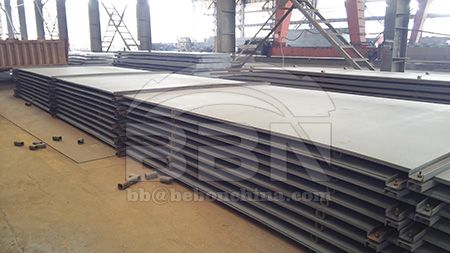
Falling steel prices are indeed a global phenomenon, affecting steel markets across different countries and regions. Several factors contribute to this trend on a global scale.
Firstly, weakened demand in key steel-consuming sectors such as construction, automotive, and manufacturing has led to an oversupply situation, putting downward pressure on prices. Economic slowdowns, trade disputes, and geopolitical uncertainties have dampened demand for steel globally.
Secondly, fluctuations in raw material costs, particularly iron ore and coking coal, impact steel prices worldwide. Changes in supply and demand dynamics of these key inputs can influence the overall cost of steel production and subsequently affect pricing.
Additionally, global steel overcapacity remains a persistent challenge. Excess production capacity in some regions has created intense competition, leading to price reductions as producers aim to secure market share.
Furthermore, macroeconomic factors such as currency fluctuations, interest rates, and geopolitical events can influence steel prices globally.
In summary, falling steel prices are a global phenomenon driven by weakened demand, raw material cost fluctuations, overcapacity, and broader economic factors. Monitoring market dynamics and addressing industry challenges remain crucial for stakeholders in the steel sector worldwide.
Just like you, 70% customers choose long-term cooperation with BBN steel not only for our good product and service quality, good reputation in the international market, but also for our experienced one-stop raw material supply and further steel processing!


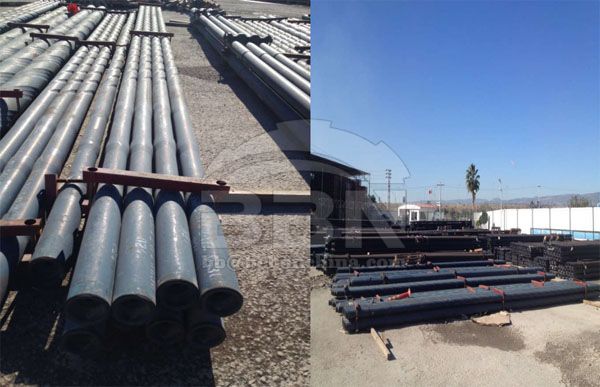
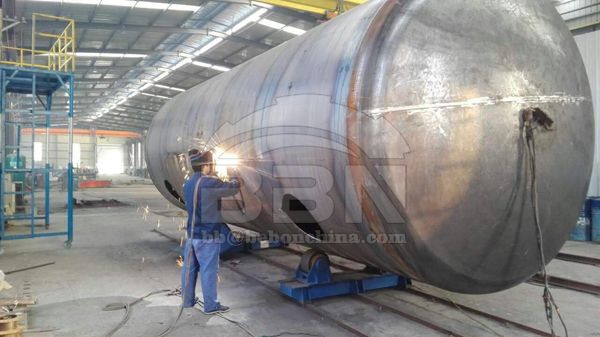
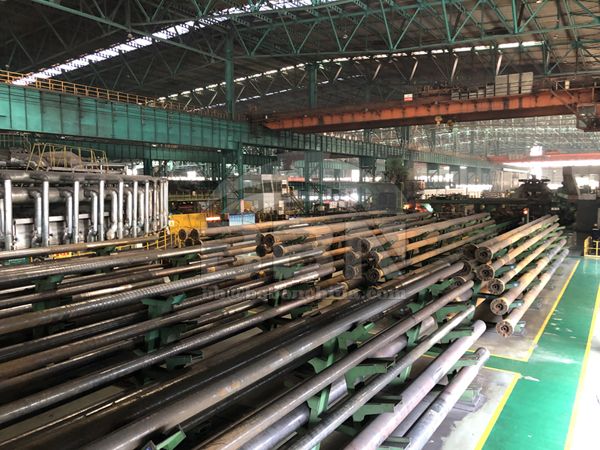
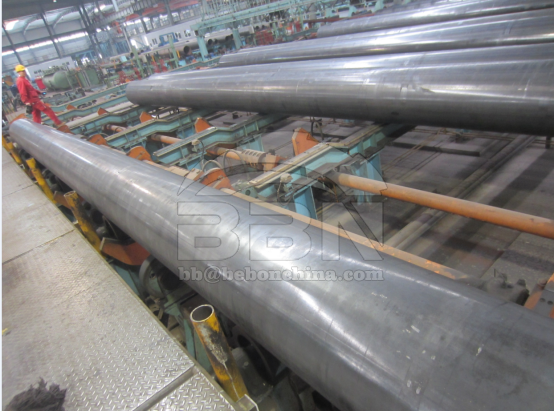
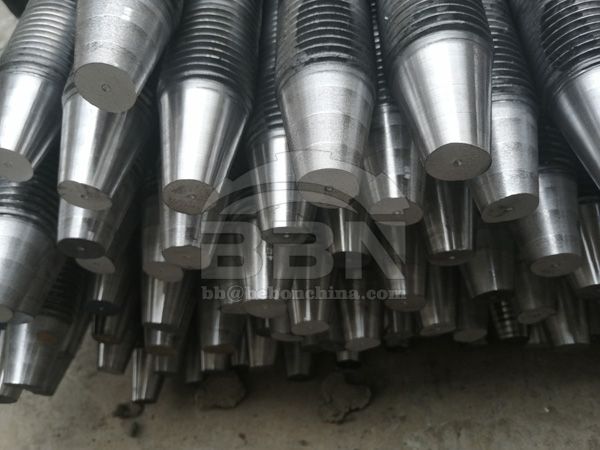
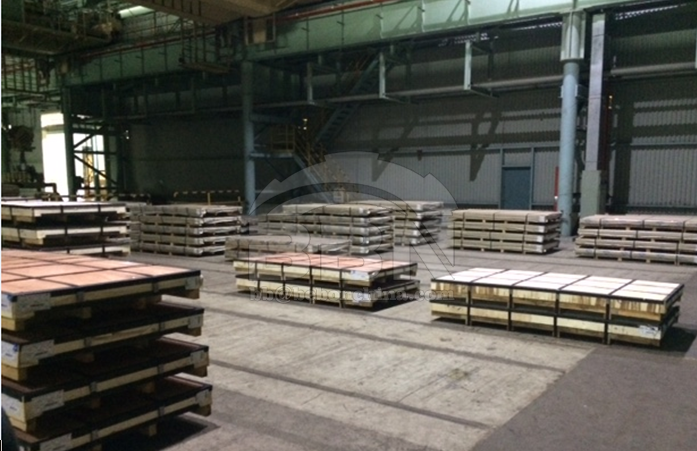
Henan BEBON Iron&Steel co.,ltd.